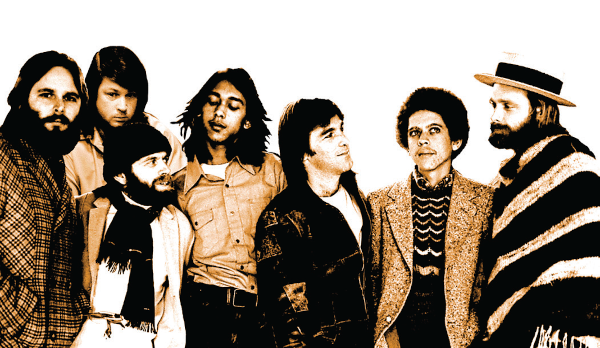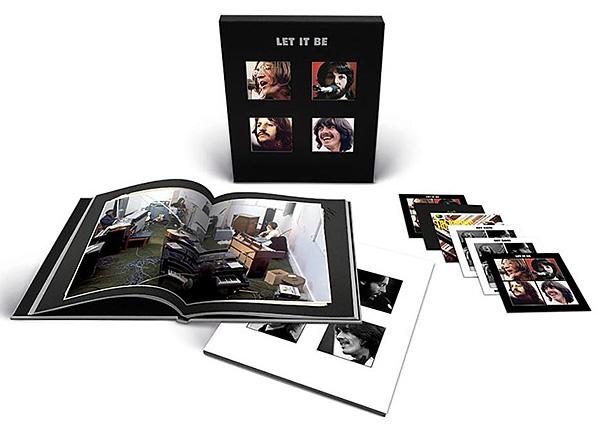Music Reviews
Sort By: Post DateTitle Publish Date
|
Aug 08, 2016 |
|
Jan 26, 2023 |
|
Nov 19, 2021 |
|
Aug 09, 2017 |

















